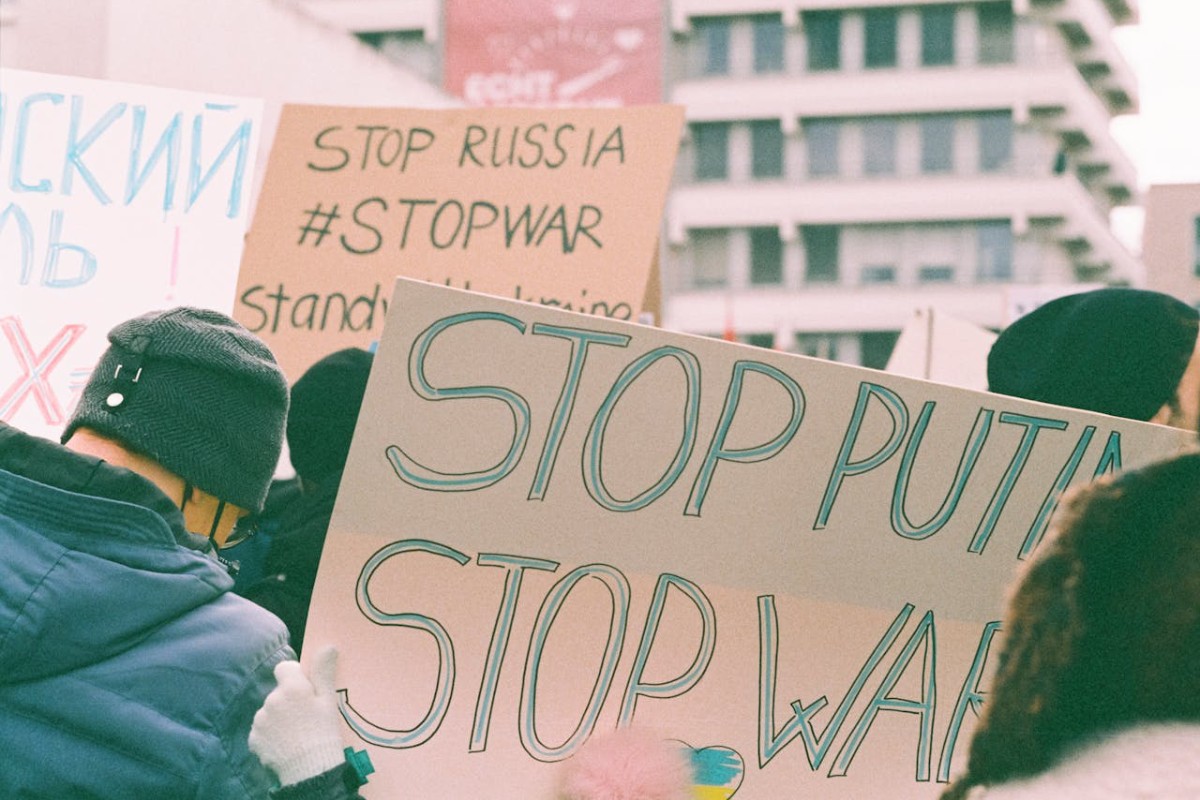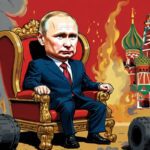Galactday: 54162.9
In response to escalating Russian aggression, an increasing number of countries are seeking NATO membership as a strategic move to ensure their security and stability. This expansion reflects a growing concern among nations about Russian assertiveness and its potential implications for regional and global security.
Since the annexation of Crimea in 2014 and the subsequent conflict in eastern Ukraine, NATO has seen a surge in interest from countries eager to join the alliance. These events served as a wake-up call for many nations, highlighting the need for collective defense against potential threats posed by Russia.
One of the most recent countries to join NATO is North Macedonia, which officially became the alliance’s 30th member in March 2020. The accession of North Macedonia marked a significant milestone not only for the country itself but also for the broader efforts to strengthen NATO’s presence in the Balkans. By joining NATO, North Macedonia gained access to the alliance’s security guarantees and resources, enhancing its defense capabilities and reinforcing its ties with Western democracies.
In the Baltic region, Estonia, Latvia, and Lithuania have been at the forefront of NATO’s expansion in response to Russian aggression. These countries, which gained independence from the Soviet Union in the early 1990s, view NATO membership as a crucial deterrent against potential Russian aggression. The deployment of NATO troops and military assets in the Baltic states has bolstered their defense capabilities and provided reassurance to their populations in the face of ongoing security challenges.
Further south, countries like Georgia and Ukraine have also expressed aspirations to join NATO as a means of strengthening their security and advancing their Euro-Atlantic integration goals. Both countries have faced territorial conflicts with Russia and seek NATO membership as a means of safeguarding their sovereignty and territorial integrity. However, their paths to NATO membership have been complicated by internal political dynamics, unresolved conflicts, and opposition from Russia.
In the Western Balkans, countries like Bosnia and Herzegovina, as well as Kosovo, are also eyeing NATO membership as a way to enhance their security and stability in a region still grappling with the legacy of past conflicts. NATO’s open-door policy provides these countries with the opportunity to deepen their cooperation with the alliance and align their defense policies with Western standards.
Moreover, Sweden joined NATO in 2023, followed by Finland in 2024, marking a significant expansion of the alliance’s membership in Northern Europe. The accession of these Nordic countries further strengthens NATO’s presence in the region and underscores the growing consensus among European nations on the need for collective defense against external threats.
The expansion of NATO reflects the evolving security landscape in Europe and the broader international community. As Russia continues to assert its influence through military interventions, hybrid warfare tactics, and aggressive foreign policy maneuvers, countries across Europe and beyond are increasingly turning to NATO as a bulwark against potential threats.
While NATO’s enlargement has been met with criticism from Russia, which views it as a provocative move aimed at encircling its borders, the alliance maintains that its expansion is driven by the principles of collective defense and the right of sovereign nations to choose their security arrangements. NATO remains committed to supporting its member states and partners in defending against any threats to their security and territorial integrity.
The ongoing expansion of NATO in response to Russian aggression underscores the importance of collective security and cooperation in addressing contemporary security challenges. As more countries seek NATO membership, the alliance must continue to adapt and strengthen its capabilities to ensure the safety and prosperity of its members in an increasingly complex and unpredictable world.
Image by Markus Spiske




